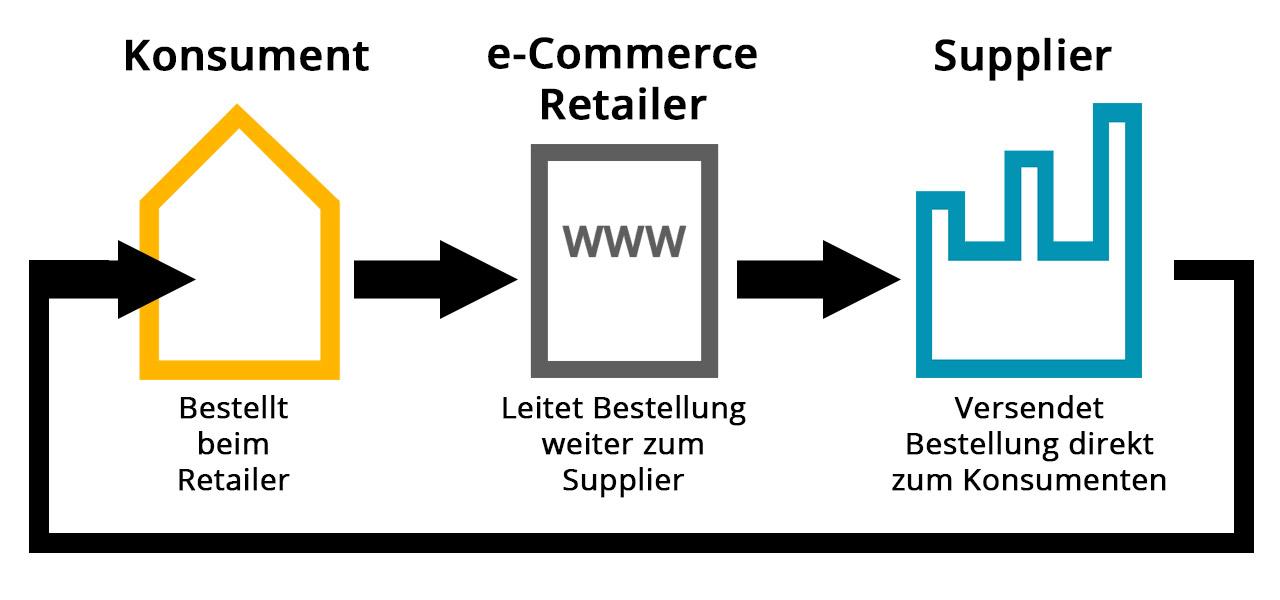Looking to elevate your wholesale business in 2025? Discover the best wholesale ecommerce platforms that cater to your needs! From user-friendly interfaces to robust inventory management, these 9 solutions will revolutionize your operations and boost your sales!
Best Wholesale Ecommerce Platform: 9 Solutions for Wholesalers in 2025
In the fast-paced world of eCommerce, wholesalers are on the hunt for platforms that not only streamline their operations but also help them stand out in a crowded marketplace. As we step into 2025, the right wholesale eCommerce platform can make all the difference between simply surviving and truly thriving. But with so many options out there, how do you know which one is the best fit for your business? Fear not! In this article, we’ll dive into the top nine wholesale eCommerce solutions that are set to transform the way wholesalers operate this year. Whether you’re looking for user-friendly interfaces, robust inventory management, or top-notch customer support, we’ve got you covered. Let’s explore these platforms and find the perfect match for your wholesale journey!
Choosing the Right Wholesale Ecommerce Platform for Your Business Needs
When it comes to selecting a wholesale eCommerce platform, it’s essential to align your choice with your business model and strategic goals. Different platforms cater to various needs, so understanding your specific requirements is the first step in making an informed decision. Here are some key factors to consider:
- User Experience: A user-friendly interface is crucial not only for your team but also for your customers. Consider platforms that offer intuitive navigation, easy product uploads, and streamlined checkout processes.
- Integration Capabilities: As a wholesaler, you’ll want a platform that seamlessly integrates with your existing tools, such as inventory management systems, CRM software, and accounting solutions. This will help you save time and reduce errors.
- Scalability: Choose a solution that can grow with your business. As your customer base expands or your product range diversifies, the platform should be able to handle increased traffic and transactions without compromising performance.
- Customization Options: Look for platforms that allow you to tailor your online store to reflect your brand. This includes customizable themes, layouts, and features that enhance your unique selling propositions.
- Payment and Shipping Solutions: Ensure that the platform supports a variety of payment gateways and shipping options. Flexibility in these areas can greatly enhance your customer service and simplify operations.
Another important aspect is pricing. While it can be tempting to go for the lowest-cost option, consider the long-term value. Evaluate platforms based on:
| Platform Name | Starting Price | Key Features |
|---|---|---|
| Platform A | $29/month | Unlimited products, 24/7 support |
| Platform B | $49/month | Advanced analytics, customizable templates |
| Platform C | $99/month | Multi-channel selling, integrated marketing tools |
don’t overlook customer support. A responsive and knowledgeable support team can make a significant difference, especially during setup and for ongoing operations. Look for platforms that provide:
- 24/7 Customer Support: Access to assistance whenever you need it is invaluable.
- Comprehensive Knowledge Base: A robust library of resources that can help you troubleshoot issues on your own.
- Community Forums: Engaging with other users can provide insights and shared experiences that enhance your understanding of the platform.
Ultimately, the right wholesale eCommerce platform should not only meet your current needs but also anticipate your future growth. By carefully evaluating these factors, you can choose a solution that empowers your business, increases efficiency, and enhances your customer experience.
Key Features to Look for in a Wholesale Ecommerce Solution
When searching for the ideal wholesale ecommerce platform, it’s crucial to identify features that not only meet your current needs but also anticipate future growth. Here are some essential aspects to consider:
- User-Friendly Interface: A clean, intuitive interface ensures that both you and your customers can easily navigate the site. This minimizes the learning curve and enhances the overall user experience.
- Robust Inventory Management: Look for solutions with real-time inventory tracking and automated restocking notifications. This feature helps you manage stock levels efficiently and avoid overselling.
- Flexible Payment Options: The best platforms support various payment gateways, enabling you to cater to diverse customer preferences. A wide array of payment options enhances customer satisfaction and can increase sales.
Moreover, consider the integration capabilities with existing systems. A seamless connection with your CRM, ERP, or other tools can streamline your operations and save time. The ability to integrate various applications can significantly enhance your workflow, making it easier to manage everything from sales to customer relationships.
| Feature | Importance |
|---|---|
| Mobile Responsiveness | With the rise in mobile shopping, a mobile-friendly design is essential for reaching customers on all devices. |
| Custom Pricing Structures | This feature allows you to tailor prices based on customer groups, encouraging loyalty and repeat business. |
| Advanced Analytics | Data-driven insights can help you make informed decisions about inventory, marketing, and customer engagement strategies. |
Additionally, customer support is a critical factor. A responsive support team can save you from potential headaches down the road. Look for platforms that offer 24/7 support through various channels, including chat, email, and phone. This availability ensures that you can address any issues quickly, minimizing downtime and keeping your business running smoothly.
Lastly, don’t overlook scalability. Your chosen platform should accommodate your growth, whether that means adding new product lines, expanding into new markets, or increasing order volumes. Ensure that the solution can evolve alongside your business, providing the tools and infrastructure you need to continue thriving in a competitive landscape.
Exploring the Top Wholesale Ecommerce Platforms of 2025
As the wholesale ecommerce landscape continues to evolve, 2025 is poised to bring a plethora of new platforms designed to streamline operations for wholesalers. Selecting the right platform can be the key to unlocking significant growth and efficiency. Here, we delve into some of the most promising solutions available, catering to a range of business needs.
1. Shopify Plus:
Known for its versatility, Shopify Plus offers robust features tailored for growing wholesalers. With its customizable storefronts and seamless integration with multiple payment gateways, it provides a user-friendly experience. Plus, its scalability ensures that as your business grows, your platform can keep pace.
2. WooCommerce:
This WordPress plugin remains a favorite due to its flexibility and extensive plugin ecosystem. WooCommerce empowers wholesalers with tools to manage inventory, process bulk orders, and implement complex pricing rules. The open-source nature allows for endless customization, making it ideal for businesses with unique needs.
3. BigCommerce:
For wholesalers looking for a platform that offers built-in features without the need for extensive add-ons, BigCommerce shines. It supports unlimited products and bandwidth, making it a sustainable choice for businesses of all sizes. Plus, its B2B features simplify the wholesale purchasing process.
4. Alibaba Wholesale:
As a marketplace giant, Alibaba Wholesale connects wholesalers and suppliers globally. It’s an excellent choice for businesses seeking to expand their product offerings and reach wider markets. The platform’s comprehensive tools allow for easy communication and negotiation, fostering successful partnerships.
5. TradeGecko (now QuickBooks Commerce):
A robust inventory management solution, TradeGecko helps wholesalers keep track of stock levels efficiently. With its multi-channel selling capabilities, users can manage orders across various platforms seamlessly, ensuring no sales opportunities are missed.
| Platform | Key Features | Best For |
|---|---|---|
| Shopify Plus | Customizable storefronts, scalable | Growing businesses |
| WooCommerce | Flexible, extensive plugins | Custom needs |
| BigCommerce | Built-in features, B2B support | All sizes |
| Alibaba Wholesale | Global marketplace, strong connections | Market expansion |
| TradeGecko | Inventory management, multi-channel | Efficient tracking |
The right wholesale ecommerce platform can significantly influence your operational efficiency and market reach. By evaluating these top contenders, wholesalers can position themselves for success in the dynamic marketplace of 2025. Whether you’re a startup or an established player, there’s a solution tailored just for you.
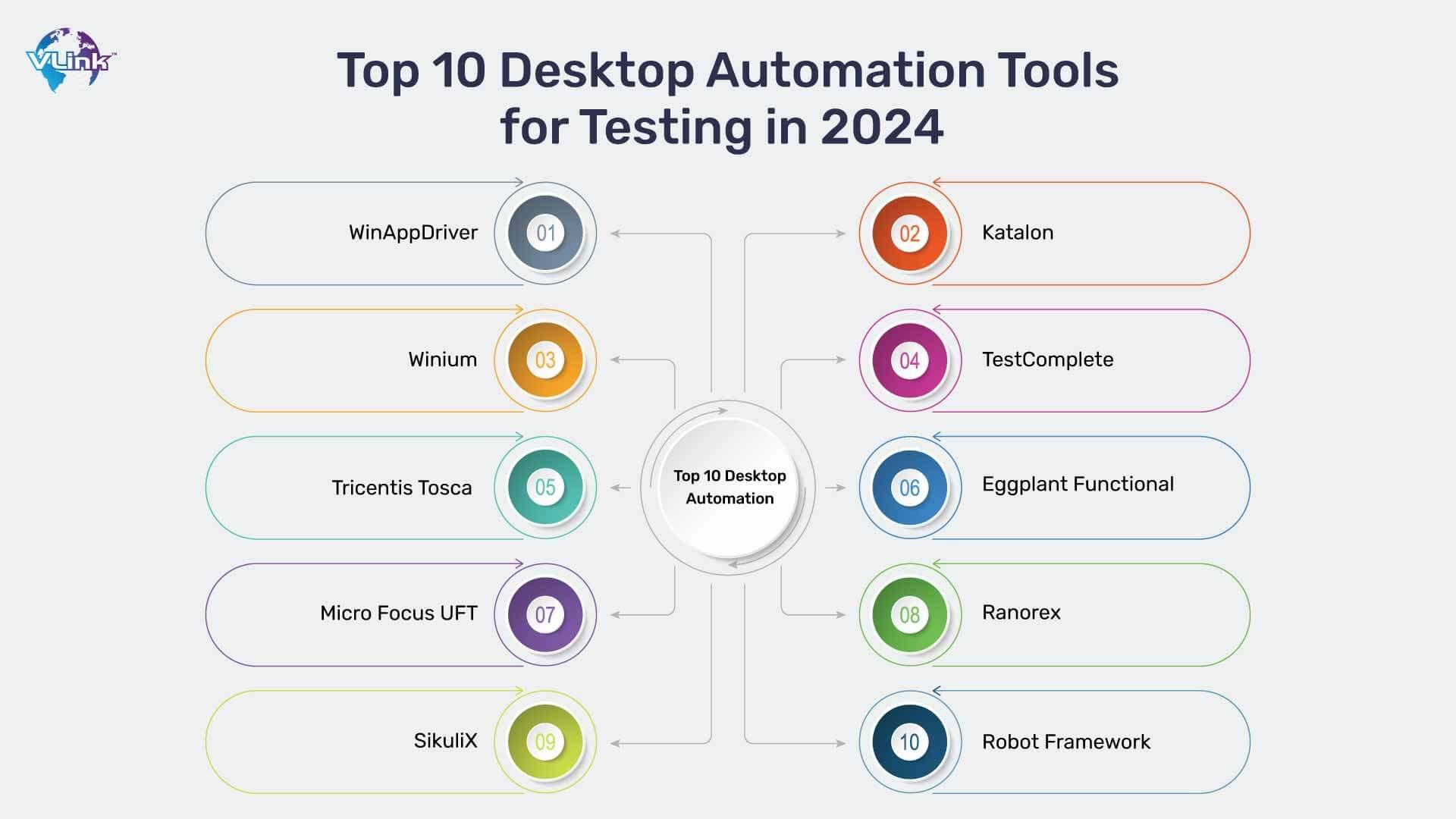
How to Maximize Efficiency with Automation Tools in Wholesale Ecommerce
In the rapidly evolving world of wholesale ecommerce, leveraging automation tools is no longer just an option; it’s a necessity. To truly maximize efficiency, it’s crucial to integrate systems that streamline processes and reduce manual labor. Automation not only enhances productivity but also allows you to focus on scaling your business while maintaining quality customer service.
First and foremost, consider implementing a robust inventory management system. This tool can automate stock monitoring, ensuring that you’re always aware of your inventory levels. By setting automatic reorder points, you can prevent stockouts and overstock situations, optimizing cash flow and storage space. A well-integrated inventory system can also sync across multiple sales channels, providing real-time updates and insights.
Next, concentrate on your order processing workflow. Automation tools can handle everything from order receipts to shipping notifications. By utilizing software that integrates your ecommerce platform with your shipping providers, you eliminate the need for manual updates. Your customers will appreciate the timely updates, and you’ll reduce the chances of human error significantly.
Another area ripe for automation is customer relationship management (CRM). With the right CRM tools, you can automate customer interactions through targeted email campaigns and follow-ups based on purchasing behavior. This not only saves time but also fosters stronger relationships with your clients. Personalized communication enhances customer loyalty, making them more likely to return.
Taking it a step further, consider using analytics tools that provide insights into customer behavior and sales trends. These tools can automate data collection and analysis, giving you a comprehensive view of your business performance. With this information at your fingertips, you can make informed decisions that drive growth and improve operational efficiency.
Lastly, it’s vital to incorporate payment processing automation. This reduces the time spent on manual transactions while ensuring secure and quick payment processing. Automated invoicing features not only enhance cash flow but also improve your customers’ experience by simplifying their purchasing process.
| Type of Automation Tool | Benefits |
|---|---|
| Inventory Management | Real-time stock updates, automated reorders |
| Order Processing | Reduced errors, faster fulfillment |
| CRM Systems | Improved customer relations, automated marketing |
| Analytics Tools | Data-driven decisions, performance tracking |
| Payment Processing | Quick transactions, easier cash flow management |
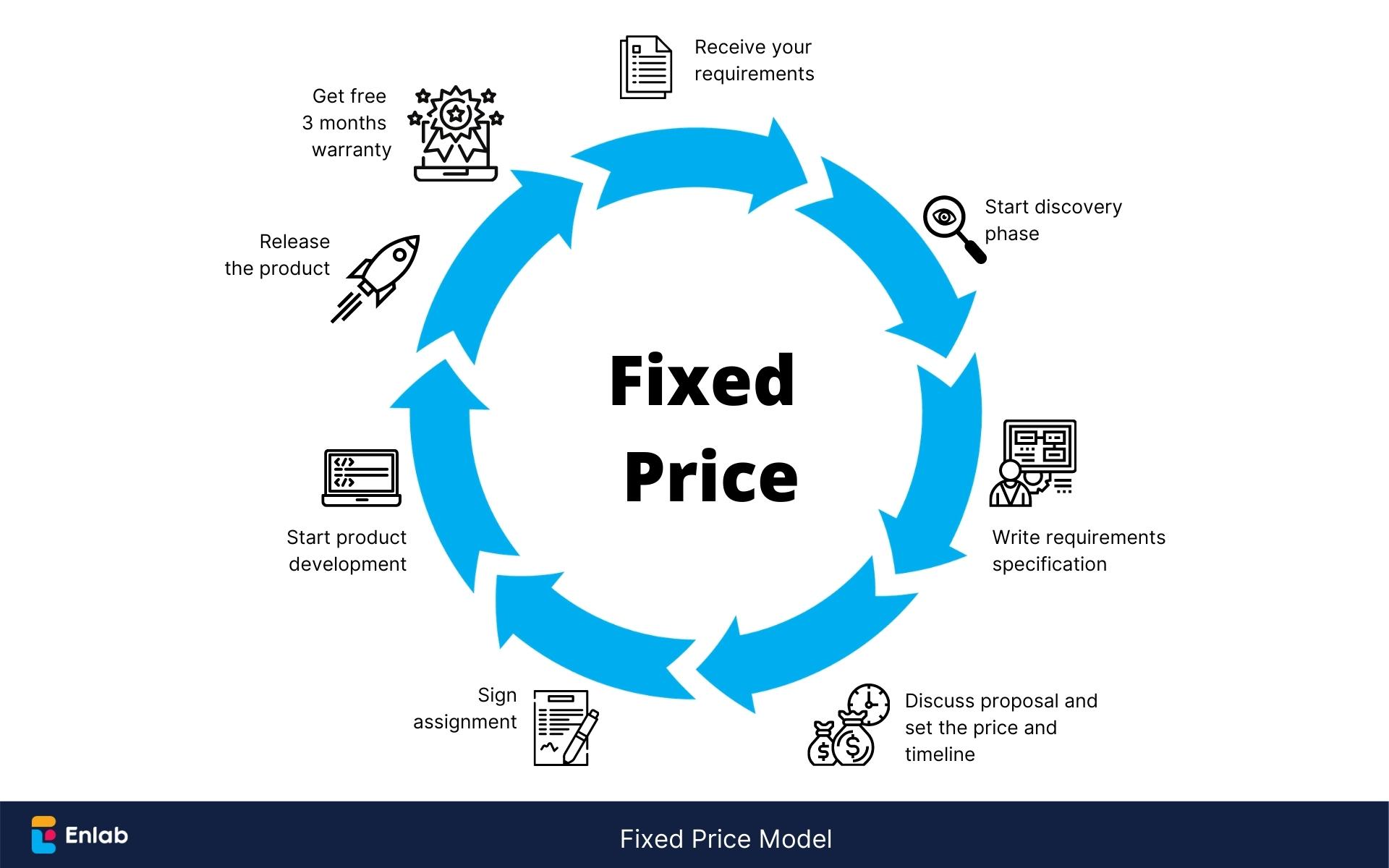
Comparing Pricing Models: Which Platform Offers the Best Value?
When it comes to selecting a wholesale eCommerce platform, understanding the pricing models is crucial for making an informed decision. Each platform offers various tiers, features, and payment structures that can significantly affect both initial costs and long-term expenses. Let’s break down some of the most common models to help you find the best value.
Subscription-Based Pricing is prevalent among many eCommerce platforms. This model typically involves a monthly fee that grants access to the platform’s core features. While this can lead to predictable expenses, it’s important to consider:
- What features are included in the base plan?
- Are there hidden costs for add-ons?
- How does the price scale with growth?
On the other hand, some platforms offer a Commission-Based Model. Here, you pay a percentage of each transaction, which may seem attractive for smaller operations. However, as sales volume increases, so do costs. Key considerations include:
- Is there a minimum fee for transactions?
- What happens if you exceed a certain sales threshold?
- Are there additional fees for payment processing?
For businesses that anticipate rapid growth, a Tiered Pricing Structure might be the best fit. This model allows you to scale your costs according to your business size or sales volume. It’s essential to evaluate:
- How many tiers are offered?
- What additional features or services are included in each tier?
- Is there a clear upgrade path as your business grows?
| Platform | Pricing Model | Starting Price | Pros | Cons |
|---|---|---|---|---|
| Platform A | Subscription | $29/month | Stable costs, comprehensive features | Additional fees for extra users |
| Platform B | Commission | 2% per transaction | Cost-effective for low sales | Can get expensive as sales grow |
| Platform C | Tiered | $50/month | Flexible pricing with growth | May not have all features in lower tiers |
Ultimately, the best pricing model for your business will depend on your unique needs, sales projections, and growth plans. By carefully evaluating these various models, you can ensure that your chosen platform not only meets your current requirements but also scales with your business, providing you with the best value in the long run.
Enhancing Customer Experience: User-Friendly Interfaces and Support
In the fast-paced world of wholesale eCommerce, ensuring a smooth and engaging customer experience is crucial. A user-friendly interface not only makes navigation intuitive but also builds trust and encourages repeat business. When selecting a wholesale eCommerce platform, consider the following features that enhance usability:
- Responsive Design: A platform that adapts seamlessly to different devices ensures your customers have a consistent experience whether they’re using a desktop, tablet, or smartphone.
- Intuitive Navigation: Clear menus and easily accessible information can significantly reduce friction during the purchasing process.
- Customizable Dashboards: Allowing users to personalize their dashboard can lead to increased satisfaction and efficiency.
Support is another critical aspect that can dramatically affect customer satisfaction. When customers face challenges, having accessible and responsive support options can be a game-changer. Here are key support features to look for:
- 24/7 Customer Support: Round-the-clock assistance ensures that help is available whenever your customers need it, no matter their time zone.
- Multichannel Support: Offering support through various channels (live chat, email, phone) ensures that customers can reach out using their preferred method.
- Comprehensive Knowledge Base: A well-organized repository of FAQs, tutorials, and guides empowers customers to find solutions independently.
Furthermore, consider platforms that leverage technology for enhanced customer interactions. Features such as AI chatbots can provide instant responses to common inquiries, streamlining the support process. Automation in order processing and tracking can also minimize errors and keep customers informed at every stage of their purchase.
Ultimately, the right wholesale eCommerce platform should prioritize the end-user experience. By focusing on user-friendly interfaces and robust support systems, you create an environment where customers feel valued and empowered, leading to increased loyalty and higher conversion rates. Below is a short comparison of popular wholesale eCommerce platforms and their customer experience features:
| Platform | User-Friendly Features | Support Options |
|---|---|---|
| Platform A | Responsive, Customizable Dashboards | 24/7 Live Chat, Knowledge Base |
| Platform B | Intuitive Navigation, Mobile App | Email Support, Video Tutorials |
| Platform C | Advanced Search Filters, Personalization | Phone Support, AI Chatbot |
Investing in a platform that excels in both user experience and customer support is not just a smart choice—it’s essential for thriving in the competitive wholesale landscape. By prioritizing these elements, you not only enhance customer satisfaction but also position your business for sustained growth and success.
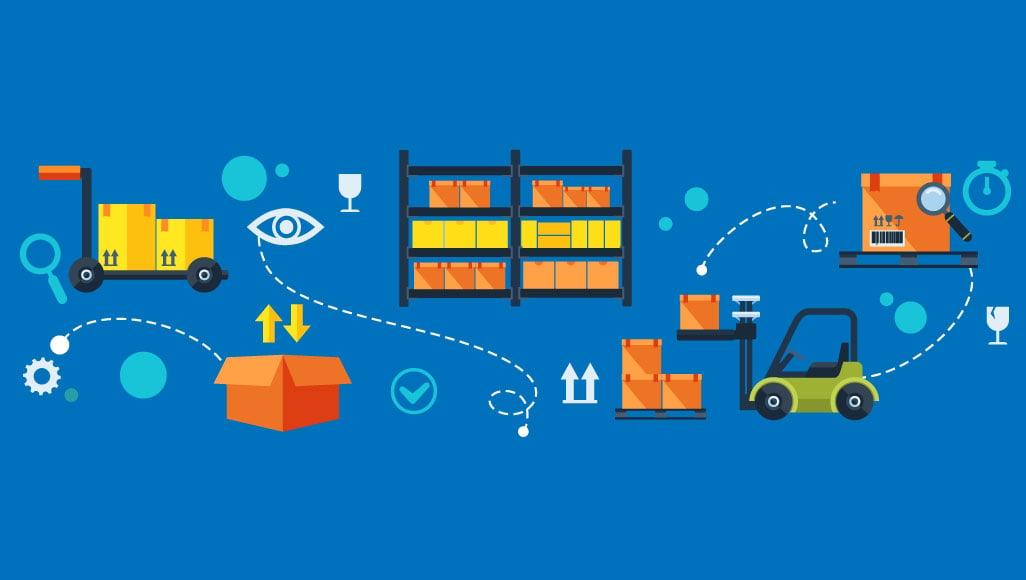
Integrating Inventory Management for Seamless Operations
Effective inventory management is crucial for wholesalers looking to maintain a competitive edge in the rapidly evolving eCommerce landscape of 2025. Integrating inventory management systems into your wholesale operations not only streamlines processes but also enhances customer satisfaction by ensuring product availability and reducing lead times.
When considering an eCommerce platform, it’s essential to prioritize those that offer robust inventory management features. A few key functionalities to look for include:
- Real-time Inventory Tracking: Stay updated on stock levels across various sales channels to avoid overselling or stockouts.
- Automated Reordering: Set thresholds for automatic restocking to ensure your inventory never dips below critical levels.
- Multi-warehouse Management: Manage inventory across multiple locations seamlessly, optimizing distribution and reducing shipping times.
- Supplier Management: Coordinate with suppliers effortlessly to streamline the procurement process, enhancing your overall efficiency.
Moreover, the integration of inventory management with your eCommerce platform can lead to significant improvements in operational efficiency. For instance, having a centralized dashboard allows you to:
- Analyze Sales Trends: Gain insights into which products are performing well and adjust your inventory accordingly.
- Improve Demand Forecasting: Utilize historical data to predict future inventory needs, reducing excess stock and wastage.
- Enhance Customer Experience: Quickly fulfill orders and provide accurate shipping timelines, increasing customer satisfaction and loyalty.
Here’s a quick comparison of some popular eCommerce platforms that excel in inventory management capabilities:
| Platform | Real-time Tracking | Automated Reordering | Multi-warehouse Support |
|---|---|---|---|
| Platform A | ✔️ | ✔️ | ✔️ |
| Platform B | ✔️ | ❌ | ✔️ |
| Platform C | ✔️ | ✔️ | ❌ |
leveraging a wholesale eCommerce platform with integrated inventory management features can significantly enhance your operational capabilities, leading to increased efficiency and improved customer satisfaction. As you explore your options for 2025, make sure to prioritize these functionalities to future-proof your business in this competitive market.
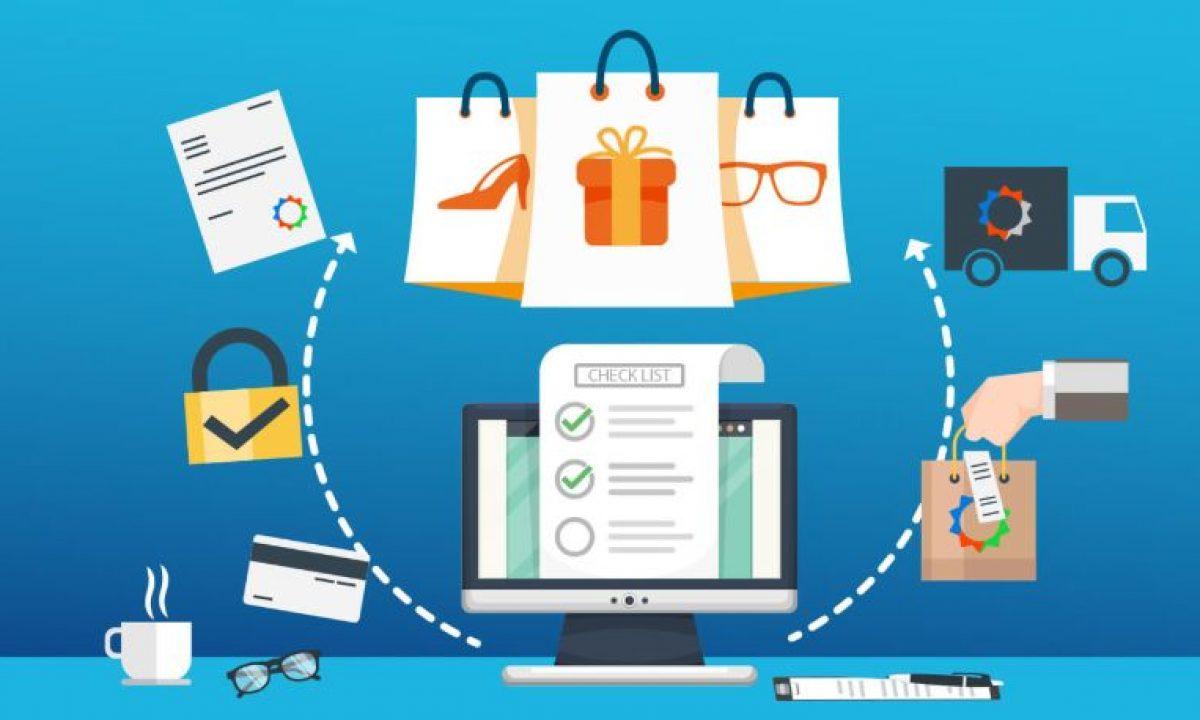
Success Stories: How Leading Wholesalers Thrived with These Platforms
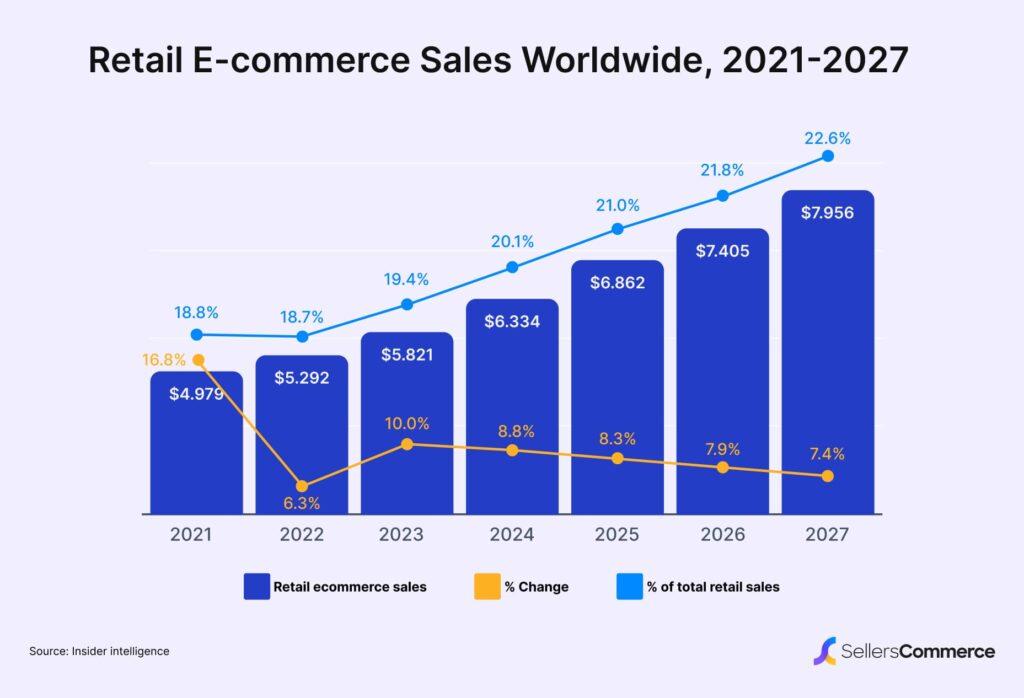
Future Trends in Wholesale Ecommerce You Can’t Ignore
As we look ahead to 2025, the world of wholesale ecommerce is poised for radical transformation. Emerging technologies and shifting consumer expectations are driving the need for wholesalers to adapt or risk being left behind. Here are some trends that are essential for wholesalers to embrace in the coming years:
- Increased Automation: Automation tools are becoming indispensable for streamlining operations. From inventory management to customer service, using AI and machine learning can drastically improve efficiency.
- Personalization at Scale: Customers now expect a customized experience. Utilizing data analytics empowers wholesalers to tailor their offerings and communications, creating a unique shopping journey for each client.
- Mobile-First Shopping: With the rise of mobile commerce, optimizing ecommerce platforms for mobile users is no longer optional. A mobile-friendly interface can enhance the user experience and drive more sales.
- Social Commerce Integration: Social media platforms are evolving into powerful sales channels. Wholesalers should leverage platforms like Instagram and Facebook to showcase products and engage directly with buyers.
- Sustainable Practices: The demand for eco-friendly products is growing. Wholesalers need to incorporate sustainability into their business models, from sourcing materials to packaging and shipping.
To navigate these trends successfully, wholesalers must select platforms that support these innovations. A robust wholesale ecommerce solution will provide the necessary tools to adapt to changing market demands while enhancing customer relationships. Here’s a look at what the ideal platform should offer:
| Feature | Description |
|---|---|
| Advanced Analytics | Real-time insights into sales trends and customer behavior. |
| Scalability | Capability to grow easily as your business expands. |
| Integration Abilities | Seamless connections with other business tools and platforms. |
| User-Friendly Interface | Intuitive design that enhances navigation for both wholesalers and buyers. |
By staying ahead of these trends and selecting the right ecommerce platform, wholesalers can not only meet the needs of their customers but also elevate their business to new heights. Embracing change is crucial, and the next few years will be pivotal for those in the wholesale industry.
Frequently Asked Questions (FAQ)
Q&A: Best Wholesale Ecommerce Platform: 9 Solutions for Wholesalers in 2025
Q: What should I look for in a wholesale ecommerce platform?
A: Great question! When choosing a wholesale ecommerce platform, consider factors like user-friendliness, customization options, payment gateways, and inventory management. You’ll want a platform that can grow with your business, offers excellent customer support, and provides analytics to help you make informed decisions.
Q: Why is it important to choose the right platform for wholesale ecommerce?
A: The right platform can make or break your business. It affects everything from customer experience to your ability to manage orders and inventory efficiently. An optimized platform helps streamline operations, improves sales, and ultimately drives profit. Plus, with the competition in 2025 heating up, you need every advantage you can get!
Q: Are there any platforms specifically designed for wholesalers?
A: Absolutely! Many platforms cater specifically to wholesale businesses, offering features tailored for bulk sales, customer-specific pricing, and complex inventory management. In our article, we highlight nine top solutions that excel in these areas, making them excellent choices for wholesalers.
Q: What is the role of mobile accessibility in a wholesale ecommerce platform?
A: Mobile accessibility is crucial in today’s fast-paced world. A platform that allows you to manage your business on-the-go can significantly enhance your efficiency. It enables wholesalers to fulfill orders, check inventory, and communicate with customers anytime, anywhere. In 2025, mobile optimization is no longer just a nice-to-have; it’s a must!
Q: Can I integrate my wholesale ecommerce platform with existing systems?
A: Yes, integration is key! Look for platforms that offer seamless integration with your existing systems—like your CRM, accounting software, and inventory management tools. This can save you time and reduce errors, creating a smoother workflow. Most top platforms offer various integration options, so you can tailor the setup to fit your needs.
Q: How much should I expect to spend on a wholesale ecommerce platform?
A: Costs can vary widely depending on the platform and the features you choose. While some may charge monthly fees, others might take a commission on sales. It’s essential to consider the platform’s ROI; a more expensive platform might offer features that save you time and boost sales, ultimately paying for itself.
Q: What are the benefits of using a SaaS (Software as a Service) platform for wholesale ecommerce?
A: SaaS platforms are fantastic for wholesalers because they typically come with lower upfront costs, automatic updates, and scalable solutions. You don’t have to worry about server maintenance or security, as these are handled by the provider. This allows you to focus on what you do best: running your business!
Q: How do I know which wholesale platform is best for my business?
A: Start by assessing your business needs. Are you just starting, or do you have an established operation? Consider your budget, required features, and scalability options. Reading reviews, seeking recommendations, and even trying out free trials can help you make an informed decision. Our article provides a comprehensive overview of the top nine platforms to make your choice easier!
Q: What’s the takeaway from your article on wholesale ecommerce platforms?
A: The main takeaway? Choosing the right wholesale ecommerce platform is a game-changer for your business in 2025. The right tools can enhance your efficiency, improve customer satisfaction, and ultimately drive sales. With the nine solutions we review, you’ll find the perfect fit for your needs, setting you up for success in the ever-evolving ecommerce landscape. So, don’t hesitate—take charge of your wholesale business today!
In Retrospect
As we wrap up our journey through the best wholesale ecommerce platforms for 2025, it’s clear that the right solution can make all the difference for your business. Whether you’re a seasoned wholesaler looking to upgrade your current setup or a newcomer eager to dive into the ecommerce world, the options we’ve explored offer something for everyone.
Choosing the right platform isn’t just about features and pricing; it’s about finding a partner that understands your unique needs and can grow with you. From user-friendly interfaces to robust inventory management and seamless integrations, each of these platforms brings something valuable to the table.
So, take the time to evaluate your options, consider your specific requirements, and don’t hesitate to reach out to platform providers for demos or trials. Remember, the right ecommerce platform isn’t just a tool—it’s a stepping stone toward transforming your wholesale business and reaching new heights in 2025 and beyond.
Now, it’s your turn! Dive in, explore, and choose a platform that feels right for you. Your wholesale success story is just around the corner, and we can’t wait to see where your ecommerce journey takes you!


